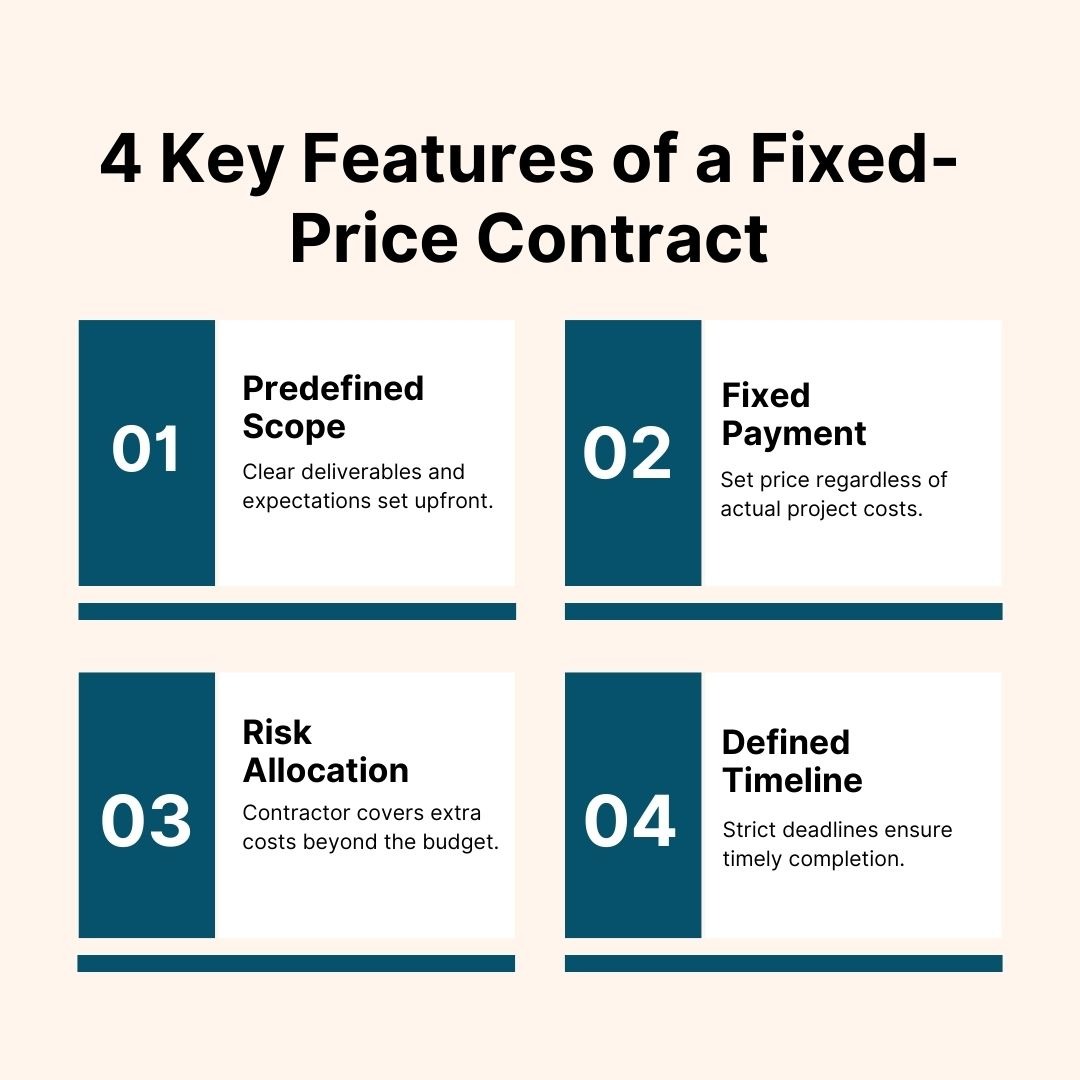How much do general contractors charge?
Standard Pricing Models
Percentage-Based Pricing
The most common method general contractors use to bill their clients is to bill on a percentage basis of the overall project cost, usually anywhere between 10% and 20%. For example, if remodeling your kitchen will cost you $50,000, you would pay a general contractor anything between $5,000 to $10,000. The setup is advantageous in full-service constructions and reworking projects where every phase of the work is done by the contractor.
Other contractors might charge a flat rate, especially for projects with defined objectives and deliverables. The fee is determined beforehand and does not vary unless the project scope alters. Although the flat rate is predictable, it does not factor in unforeseen problems encountered during construction, which can result in extra charges.
Hourly Rates
In some cases—namely smaller projects or consultations—the general contractor may remit hourly. Hourly fees in 2025 can range from $50 to $150, depending on the degree of professionalism held by the contractor and location. This is less common for large jobs.
Components of a Contractor's Markup
Contractors do not charge for labor only—also add markup to pay for business costs and profit.
Overhead and Profit
A significant component of a contractor's markup is profit and overhead (employee wages, insurance, office lease, licensing). This figure typically ranges from 10% to 20% of the project cost.
Material Markup
Materials are often marked up to cover the time and effort expended in acquiring, purchasing, holding inventory, and delivering them. Material markups usually range between 7.5% and 10%, but can rise as much as 20% depending on the type of project and logistics involved.
Labor Markup
There isn't an industry standard for labor markup—you may be different based on the area and job complexity. For subcontractor coordination or specialty trades jobs, the markup will likely be higher to account for scheduling and quality control.
Pricing Methods Used by Contractors
Cost-Plus Pricing
Under a cost-plus contract, the contractor charges actual construction costs plus a fixed percentage or fee. This method is transparent since the homeowner sees all itemized costs and markups. It's useful for projects with fluctuating scopes or custom elements.
Fixed Price Contract
Under a fixed price contract, the contractor provides a lump-sum quote that includes all the costs, markups, and fees. While less accommodating, this approach offers price certainty and is commonly utilized in defined-scope and time-elapsed projects.
General Factors Influencing General Contractor Charges
Project Scope and Complexity
The larger and more complex the project, the more a contractor will charge. Projects that involve structural changes, high-end finishes, or custom building take more coordination and have larger markups.
Location and Market Conditions
Pricing can vary greatly based on location. For instance, labor and materials are higher in major cities than in rural areas. Local demand is also a factor—high demand or peak seasons can push prices up.
Contractor Reputation and Experience
Experienced, well-reviewed contractors will usually charge more. Their price is an indication of a history of quality work, better project management, and less risk for the client.
Competition and Demand
In over-saturated competitive markets with many experienced contractors, fees can be negotiated more liberally. In contrast, areas with few certified professionals can command higher rates with less competition.
How to Estimate and Compare Contractor Fees
Calculating Expected Costs
As a rough estimate for a general contractor's fee, take your estimated construction cost and multiply by 10–20%. Example:
$25,000 project × 15% fee = $3,750 contractor charge
$100,000 project × 20% fee = $20,000 contractor charge
Keep in mind that some contractors will factor their markup into the total bid, while others will break it out.
Requesting and Reviewing Bids
Always request itemized, detailed bids. These must include labor, materials, subcontractor costs, and the contractor's fee or markup. Ask them to explain how they charge their fees, if they're using a cost-plus or fixed fee form of pricing, and what is included in the estimate.
In 2025, general contractors usually charge between 10% and 20% of the total cost of a project, either through a percentage-based system, flat fee, or hourly rate. Their markup covers overhead, profit, and possibly material and labor markups. By knowing how these fees operate—and what affects them—you can budget more precisely, compare bids fairly, and select the appropriate contractor for your requirements.
Always thoroughly vet contractors before hiring, compare quotes, and ensure you know how and why they are charging what they are.




In 2025, general contractors typically charge between 10% and 20% of the total project cost. For example, on a $50,000 renovation, you can expect to pay anywhere from $5,000 to $10,000 in contractor fees. Some contractors may charge a flat fee for certain projects, while others charge hourly rates, usually ranging from $50 to $150 per hour, depending on experience and location. Project scope, complexity, and local market conditions can all influence final pricing.
How Much Does a General Contractor Cost in 2025?
What Is the Average General Contractor Markup?
What Does It Cost to Hire a General Contractor?
The average general contractor markup in 2025 ranges from 10% to 20% and encompasses both profit margin and overhead (insurance, office overhead, permits, etc.). Material markups typically range from 7.5% to 10%, while labor markups vary significantly with project complexity and geography. Some contractors aim for a gross profit margin of around 35%, which, in some cases, can require a total markup of up to 54%. . Pricing mechanisms include cost-plus arrangements and fixed-price contracts with their a standard markup schemes. We also talk about that in this YouTube video: https://www.youtube.com/watch?si=4mhcsc3pcA8oCoIm&v=HiZOg11zQ9I&
Hiring a general contractor in 2025 typically costs between 10% and 20% of the total construction project cost. For larger or more complex jobs, the fee can be higher—up to 25% in some cases. If a contractor charges by the hour, expect rates between $50 and $150 per hour, depending on experience, location, and the scope of work. Costs can also vary based on whether the contractor uses a cost-plus pricing model or offers a fixed-rate estimate.
What Is the Standard Markup for a General Contractor?
The standard markup for a general contractor usually falls between 10% and 20% of the total project cost, covering overhead (such as insurance, permits, and office operations) and profit. Additional markups may apply to materials (typically 7.5% to 10%) and subcontracted labor. The final markup can vary depending on the project size, complexity, and market conditions. Some contractors may also aim for a gross profit margin of 30–35%, which could require a total markup of over 50% in certain pricing structures.
Ventura And Sons General Contracting
53 Coburn St, Lynn, MA 01902, United States
+1 (857) 207-9368
Monday: 08:00 - 17:00
Tuesday: 08:00 - 17:00
Wednesday: 08:00 - 17:00
Thursday: 08:00 - 17:00
Friday: 08:00 - 17:00
Saturday: 08:00 - 13:00
Sunday: closed
